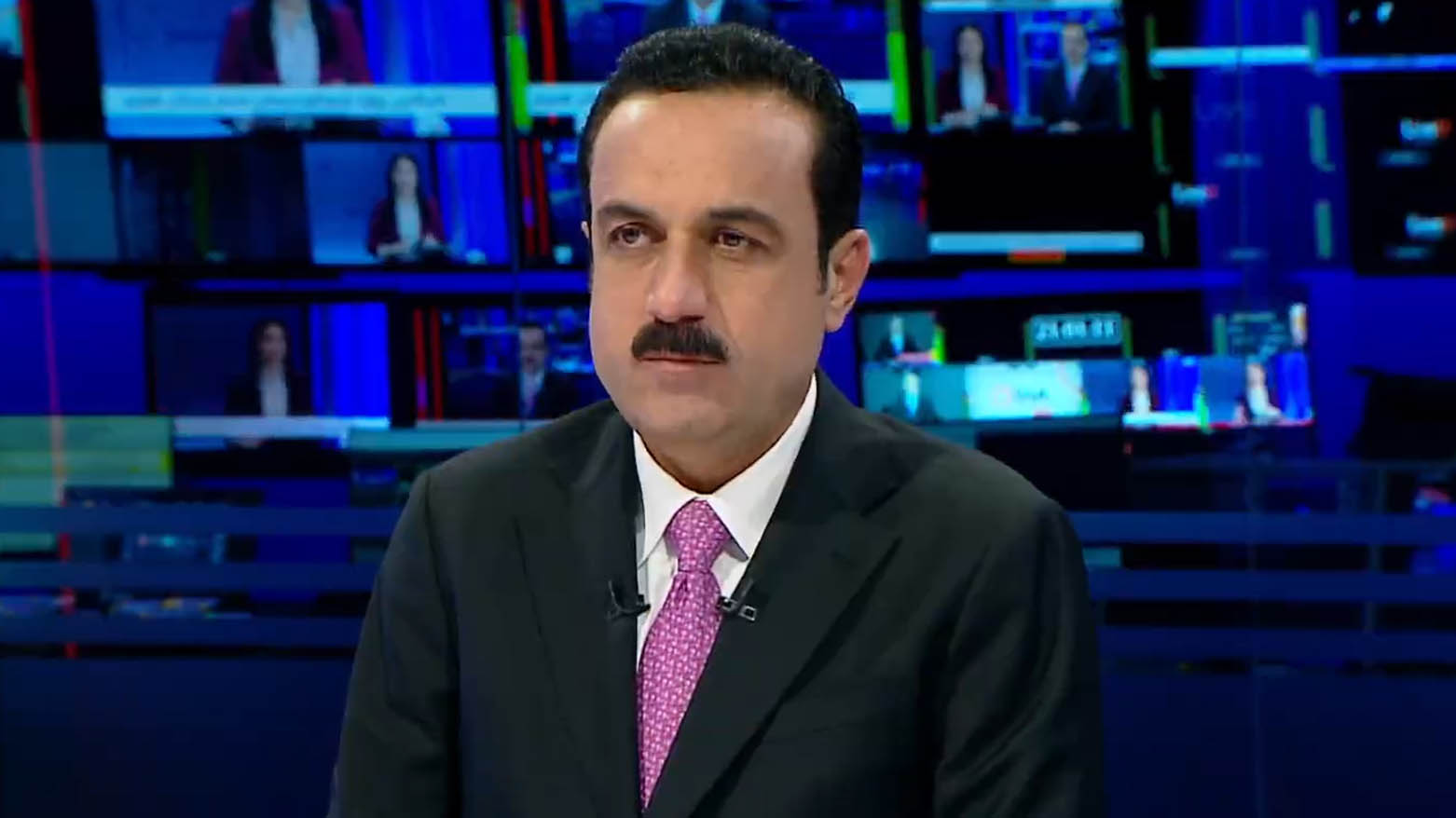Erbil Governor: Major Water Transmission and Green Belt Projects to Mark a Turning Point for the City
Governor Khoshnaw revealed completion of Phase 1 of the Emergency Rapid Water Project, with city-wide coverage by November. The €280M green belt (70km x 2km) and sewage recycling initiatives aim to transform Erbil's sustainability and land values.

ERBIL (Kurdistan24) – Erbil Governor Omed Khoshnaw affirmed on Wednesday that the city’s Rapid Water supply and green belt projects will usher the provincial capital into a pivotal stage, underscoring their strategic significance for both urban stability and environmental improvement.
Speaking during his appearance on Kurdistan24’s Basi Roj program, Khoshnaw revealed that the first phase of Erbil Rapid Water supply project has been completed. He explained that over the past five years, 280 billion dinars have been allocated to address the city’s crises. While some neighborhoods continue to face water shortages, he stressed that by November this year, the project will reach all districts, substantially reducing pressure on underground water resources and supporting the city’s expansion.
Khoshnaw noted that land prices across Erbil have risen significantly due to two main factors: the city’s overall stability and the Kurdistan Regional Government’s (KRG) strategic projects. He urged landowners not to sell their plots at low prices, assuring them that upcoming service expansions will further increase their value.
On the province’s electricity initiatives, the governor described the Runaki project as one of the KRG’s landmark achievements. He stated that, at the Iraqi level, the Kurdistan Region is the only area capable of supplying residents with uninterrupted 24-hour power through this scheme.
Regarding the Erbil–Koya road dualization project, Khoshnaw confirmed that construction is advancing rapidly and will be fully completed by 2026.
Highlighting the green belt project, Khoshnaw said work has already begun on this transformative initiative, which spans two kilometers in width and stretches 70 kilometers in length. He explained that the project will beautify Erbil’s landscape, improve its climate, and protect lands within its scope by returning them to agricultural use, thereby safeguarding property rights.
Discussing other strategic government initiatives, the governor referred to an upcoming waste and sewage recycling project. He said a dedicated team is working on converting wastewater and sewage for reuse, with a total budget of €280 million allocated for these combined projects.